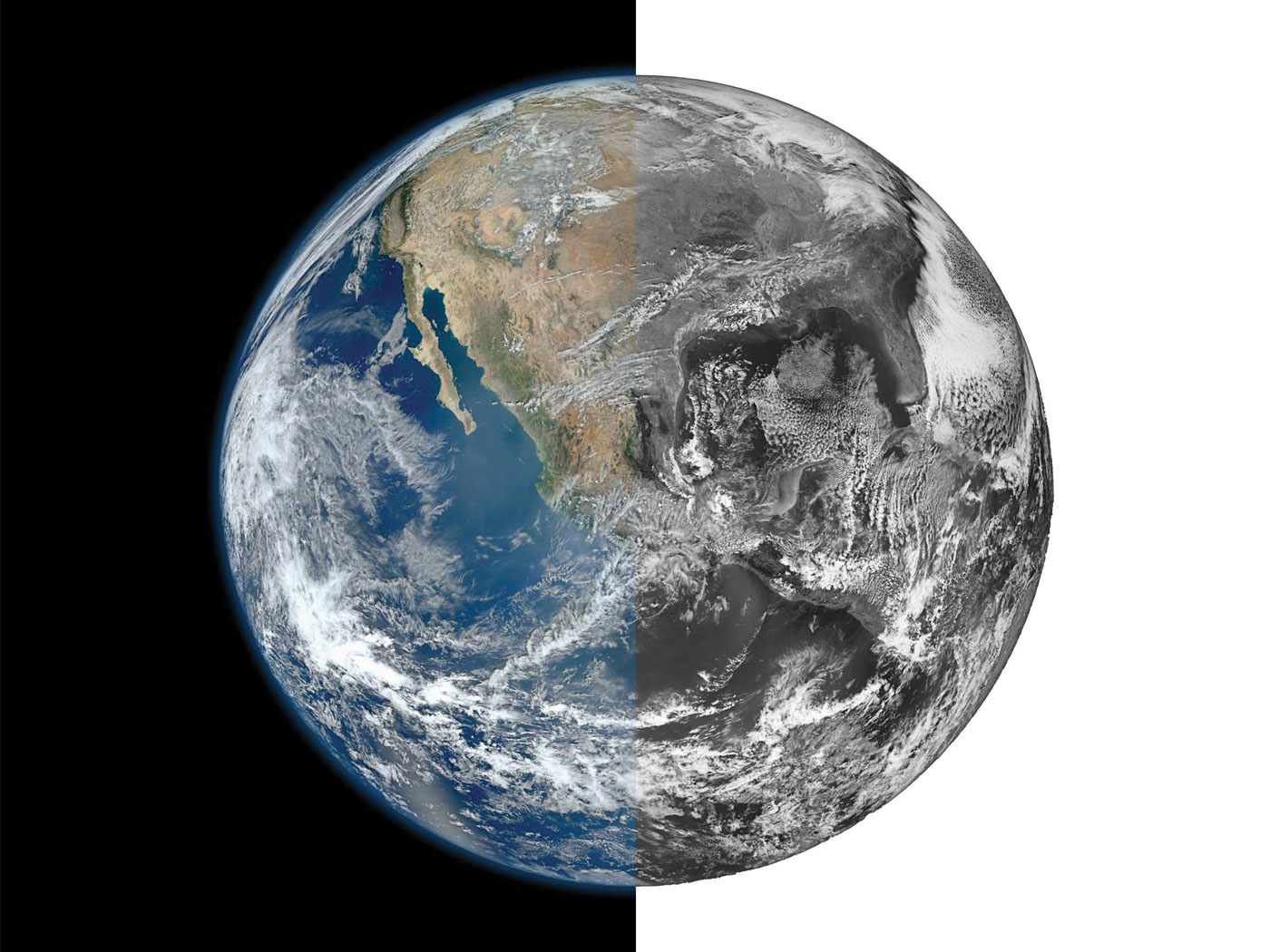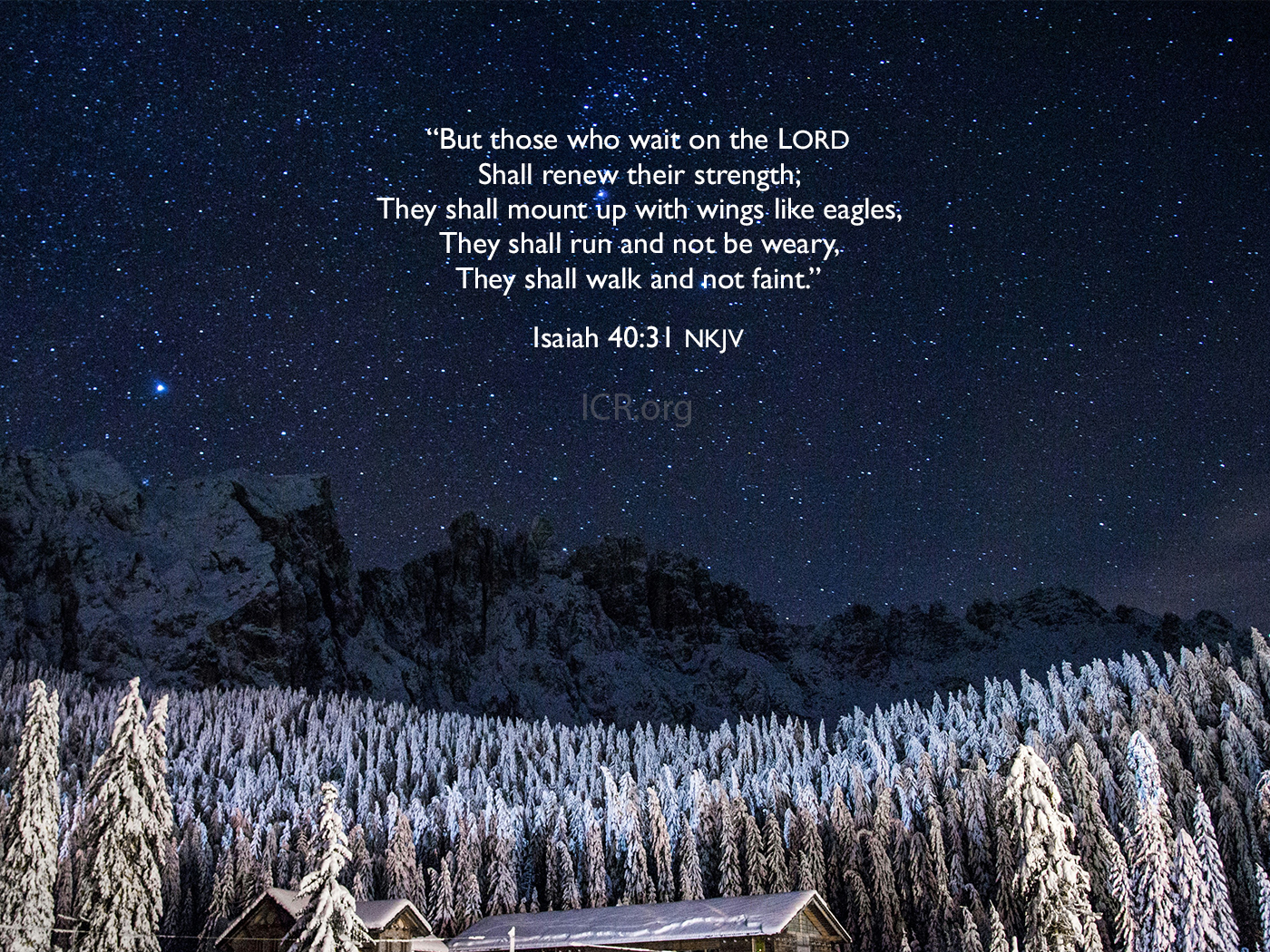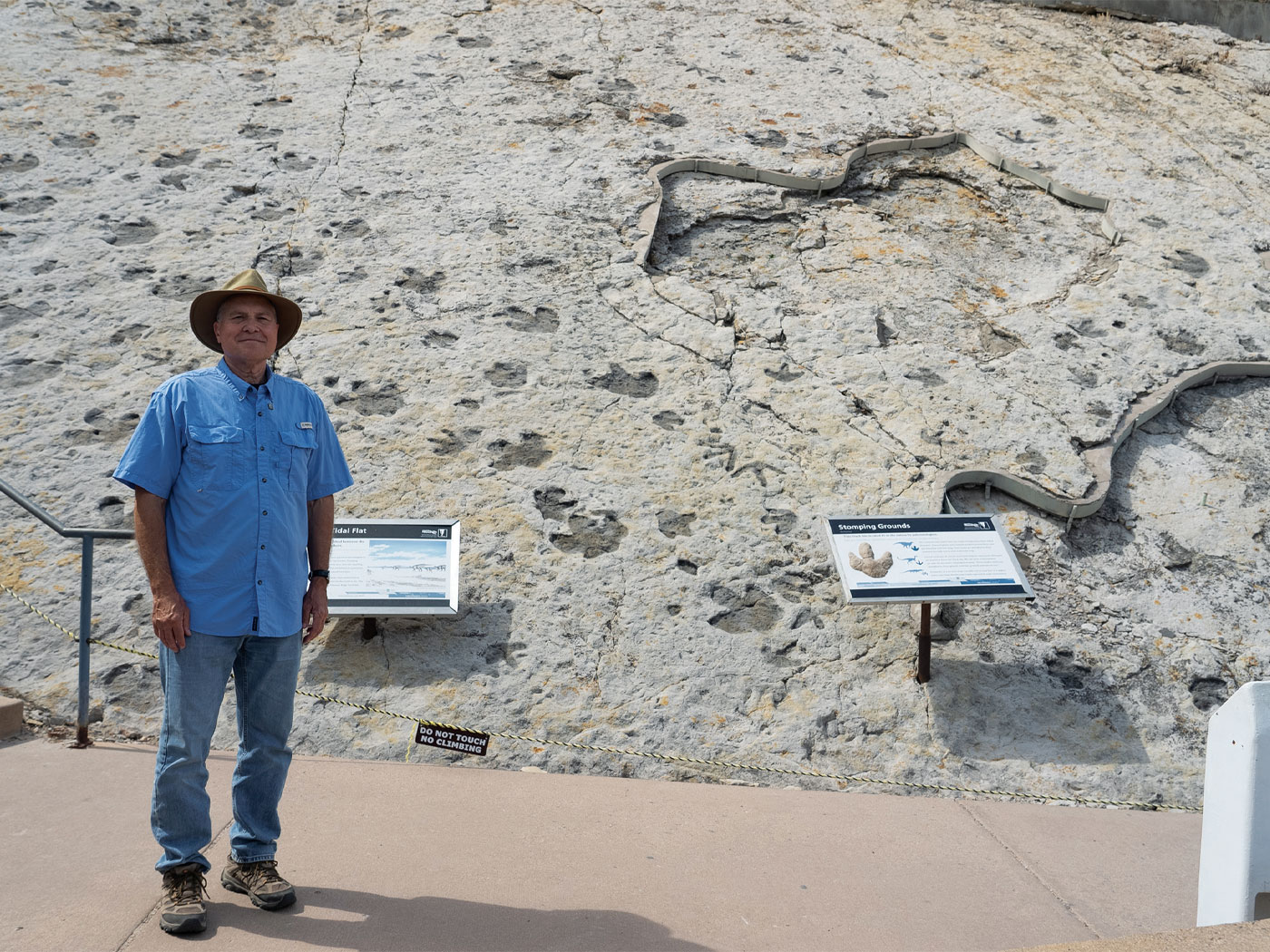Many Bible scholars today are buying into the day-age theory of origins. They seem to believe that their biblical views must conform to their mental image of how the world functions today and must be confirmed by members of the non-Christian world, whose minds are darkened (Ephesians 4:17-19).
The basis of the day-age interpretation of long ages rests on a flawed understanding of the use of the word yom in Genesis 1 and 2. Here, I will discuss briefly the theory's five main errors.
A Day Is a Day
The claim that yom is a long but finite time period is based on the assertion that yom means "age" in Genesis 2:4. However, in the Hebrew Old Testament yom normally means either a 24-hour day, or the daylight portion of a 24-hour day ("day" as distinct from "night"). It may occasionally be used for an indefinite time (e.g., "days of the judges"), but never as a definite long period of time with a specific beginning and ending.
It is not used even in this indefinite sense except when the context clearly indicates that the literal meaning is not intended. When ordinals or the phrase "evening and morning" are connected with yom, it always means a solar day. The context of the six days of creation account in Genesis 1 precludes any meaning of indefinite time.
God Rested
Day-agers say that since "morning and evening" are not listed for the seventh day, the sabbath must still be continuing. If it has continued for thousands--maybe millions--of years, it can't be a solar day. However, Scripture does not say, "He is resting on the seventh day," but, rather, "He rested on the seventh day" (Genesis 2:2).
Though His work of creation was finished, He very soon undertook the great work of redemption (John 4:34; 5:17; etc.). That work was finished (John 17:4) when the Son of God on the cross shouted the mighty cry of victory: "It is finished!" The six days of creation and the seventh day of rest were a unique set of solar days at the beginning of earth history.
A Thousand-Year Day
Psalm 90:4 and 2 Peter 3:8 state that a day is like a thousand years to God. This is used by some to suggest that yom in Genesis 1 may be thousands, millions, or even billions of years long. This phrase actually depicts God's view of time, which He created on the first day of creation, along with mass and space. Genesis 1:1 says, "In the beginning, God created the heaven and the earth." A better translation of this verse would be, "The transcendent, omnipotent Godhead created (from nothing) mass, space, and time."
The very name for God is I AM THAT I AM (Exodus 3:14). God exists simultaneously in the past, present, and future. He is outside of time. The purpose of this phrase in Psalm 90 and 2 Peter is not as a definition of yom, but as a characterization of God.
Normal Processes Did Not Apply
Some argue that the maturing of plants would take much longer than a day, therefore the third day couldn't have been 24 hours. This argument shows an extreme lack of appreciation for what God did during creation. He created everything from nothing by His word. Why would it not be possible for God to create mature plants, animals, and man on the various days of creation?
God was not bound by normal processes during the creation events. In fact, creation was a miracle of the first magnitude. God spoke and the universe came into existence. God spoke and mature plants and animals were formed. God spoke and mankind was created. This argument is not worthy of dispute.
Your God is Too Small
The claim that the events that took place on the sixth day of creation could not have occurred within a 24-hour solar day are refuted by arguments similar to those given above for the fourth error. Day-agers' view of God is too small.
* Dr. Vardiman is Chair of the Department of Astro/Geophysics.
Cite this article: Vardiman, L. 2009. An Overview of Day-Age's Errors. Acts & Facts. 38 (3): 8.

















